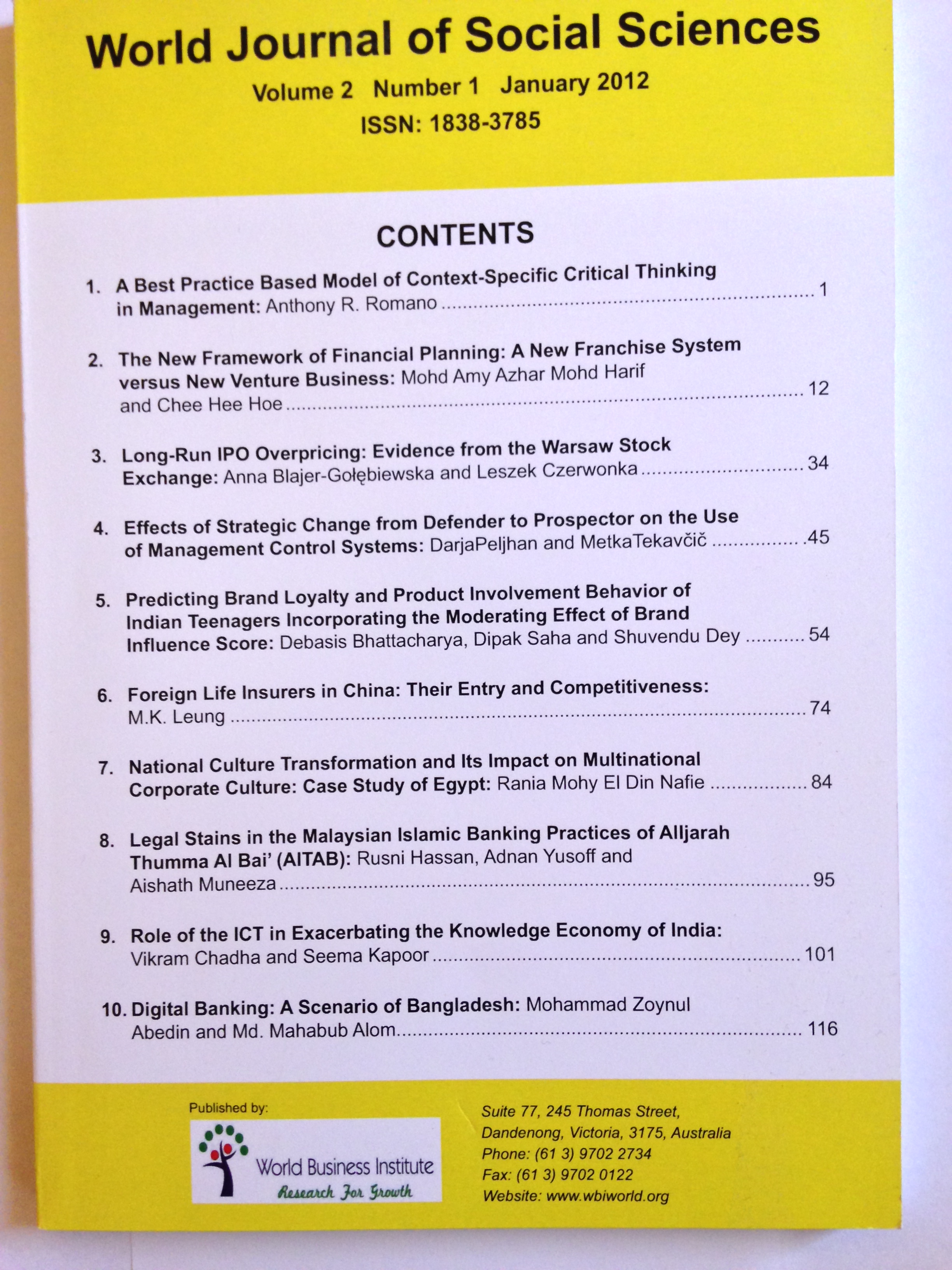Pages
1-12
Author: Iftear Ahmed Chowdhury and Fahim Faisal
Building sustainable and reliable port infrastructure is critical for increasing economic growth for Bangladesh. Worldwide, private sector investment through Public-Private Partnerships (PPP) has been appreciated as an important way out for Port infrastructure financing. Although for PPP financing there have been recent successes in regulatory and institutional framework development for Bangladesh, most of the port PPP projects face different financing challenges including developing a financially feasible and bankable project, addressing the technical concerns of lenders, and finalizing the commercial structure. Therefore, it is essential to evaluate the effectiveness of the existing Port project financing mechanism in Bangladesh. This paper analyses the selected port PPP projects in Bangladesh to draw lessons in the perspectives of the institutional, regulatory, project financing, and other policy-relevant issues. With that objective, a group of forty five experts from organizations engaged in infrastructure financing in Bangladesh has been interviewed. The paper finds that for ensuring the bankability of an infrastructure project, it is essential to obtain government support for port PPP projects.
Pages
13-29
Author: Abir El Fawal, Najib Bou Zakhem, Allam Mawlawi, and Amira Daouk
This is a quantitative study aiming at investigating whether expatriates in organizations can contribute to the successful implementation of an organizational going-green approach. This paper examines the impact of expatriation on corporate going-green behavior since expatriates are among the factors which define the structure of an organization and its market philosophy especially in the presence of an authentic leadership style.
This paper will inspect if expatriates being authentic leaders can be considered as an input for an organizational going-green approach and if expatriates can be considered as contributors to this approach without applying the authentic leadership style.
This study will confirm if expatriates can contribute to external organizational objectives like going green approach that matters to stakeholders other than motivating, leading and enhancing employees’ productivity and efficiency. It is to mention that the idea of expatriates contributing to going green approach is not the main objective of INGOs behind hiring them in Arab countries’ organizations precisely in Lebanon (Motivation behind the study).
This paper proposed four research objectives, four research questions, one problem statement and two hypotheses; it followed the quantitative deductive methodology. A questionnaire of 10 Likert scale and 4 descriptive questions was distributed to 100 senior expatriates in international non-governmental organizations (INGOs) randomly selected among the Lebanese territories to define how they can influence and impact a going-green organizational approach, and data was treated on SPSS to generate results and conclusions. This paper also suggested a conceptual model of three variables; expatriation is the independent variable, the authentic leadership style is the mediator variable and the organizational going green approach is the dependent variable.
Results of this investigation confirmed that expatriation is linked to the authentic leadership style applied in organizations but it can’t directly or indirectly affect the organizational going-green approach of these non-governmental organizations; expatriation is in anyway not related to a going-green organizational approach in Lebanon.

